Magicians have a word for the final, most difficult part of an illusion. It’s a term that went mainstream when Christopher Nolan used it as the title of his 2006 drama about dueling illusionists, The Prestige. Executing their final flourish, the prestige is the moment a performer truly wows their audience, leaving them wide-eyed and unsure how the magician pulled it off. The Last of Us Part II delivers its prestige in the latter half of its 25-hour journey, making it a flourish the seven-episode Season 2 of the TV series doesn’t get to perform in its adaptation. But the second season is hardly the meandering middle act of a trilogy, as what it does translate from game to TV is just as moving as before, and even more daring.
One oft-heard criticism of The Last of Us is that it’s an amalgam of The Road and Children of Men. I find that perspective reasonable but reductive, and even if one does hold that view, I’ve always thought the second game, and thus the second season, is where the series takes on a more impressive shape of its own. The first season’s cliffhanger is a fascinating one, as it’s quite unlike most on TV. Rather than leaving the fate of a character unknown or hitting the credits just as a new danger encroaches on the border of Joel and Ellie’s life together, we were left with a lie.
Joel chose not to admit to Ellie that he’d essentially damned the entire world in order to save her life, and Ellie chose to take him at his word, though uncertainty seemed to already be nagging at her. Season 2 focuses on what comes of that lie, and does so in ways that anyone coming to the series with fresh eyes will be surprised by, to say the least.

Like the game, Season 2 picks up five years after Joel’s lie and rejoins the starring pair in Jackson, a relatively thriving community run by a governing council that includes Joel’s sister-in-law Maria and brother Tommy. The threat of infected remains the top-level day-to-day concern, but the community has organized a strong routine that defends the town’s high walls by patrolling all over the region, snuffing out issues before they come banging on the door.
The show affords viewers a lot more time in the walls of Jackson than the game’s players got, and like last season, it makes great use of its time, focusing on characters we didn’t see much of before or even inventing characters who bring with them important new sides to the story. This latter case is best expressed in Catherine O’Hara’s arrival to the show, playing the community’s therapist who bills her clients in ounces of weed. The normally comedic actor is incredible whenever she’s on screen, delivering a largely serious role, including a particular moment that stands out as one of the show’s best additions to the story.
Pedro Pascal is once again mesmerizing, bringing a character I love to life so vividly, even as Joel has changed so much. The Joel we knew in Season 1 was a world-weary survivor who ruthlessly harmed others to stay alive, and whose history seemed to be even grimmer than we usually saw reflected on-screen. In Season 2, we see a Joel who has come to find a sense of place and, through Ellie, renewed purpose. He feels almost retired, trading knee-stabbing interrogations for woodworking in the relative safety of Jackson.
Bella Ramsey might have the hardest job in the cast, portraying a character who has moved through her teen years off-screen, but I had no trouble believing that she is an older, more complex person in this season than she was as a swear-word-loving 14-year-old in Season 1. The excellent chemistry she has with Pascal in real life is well-reflected in the series. Each scene they share feels drenched in their messy history. Their strained relationship, both due to Joel’s lie and Ellie’s natural growing pains, is a sticking point throughout the season, and the way the show retells their saga without retreading it identically as it was in the game first left me with concern, then ultimately somber satisfaction.
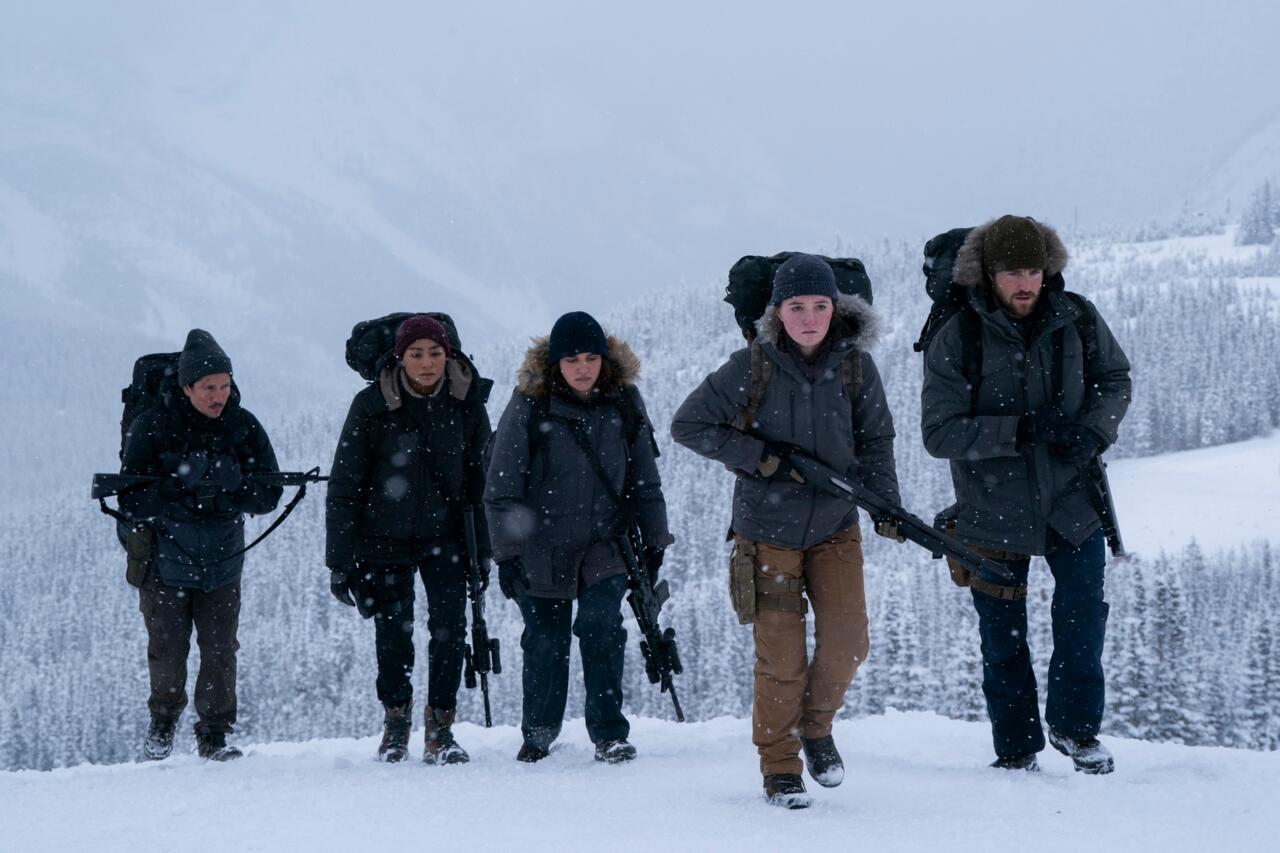
The timeline of the season, like the game, is complicated. Remixing Naughty Dog’s slate of reveals, flashbacks, and time jumps seems like it couldn’t have been easy, and yet the season’s structure makes it work very well. Kaitlyn Dever joins the cast as Abby, and whereas we learn some major details about her only after a few hours of playing as her in the game, in the show, we learn quite a bit much sooner. A change like this jumps off the screen to me, someone who played and loved the game, but it makes sense for TV, where shielding her point to the story for too long may come off as confusing or weightless.
Having seen it carried out twice now, I’m confident in the North Star that Craig Mazin and Neil Druckmann said they follow for writing the adaptation: When it makes sense to pivot, they do, and when it feels needless, they tell the story just as it was before. Though it would be difficult to measure, it feels like there are more differences between game and show than before, but the things the show alters are never changed for the worse. They’re notable to me as I’ve seen both versions, but without the foresight that having played the game provides, I’d not bat an eye at the show’s unique takes.
Though this season doesn’t have an exact equivalent to Long, Long Time–the Season 1 episode that garnered universal praise despite hardly tracking Joel and Ellie’s story at all–that’s not to say Season 2 is without standout episodes. There are gut punches that didn’t hit me as hard here as they did when I first played the game, but that was true when I replayed the game, too. Some things only really affect you a certain way once, so I don’t fault the show for not meeting that impossibly high bar–sometimes I even envied those without the foreknowledge of what’s to come. Even then, one of the adaptation’s unique moments is so thematically resonant and emotionally upsetting that I merely traded tears in one scene from the game for a wholly new moment in the show.
The hardest part of adapting this particular game may be performing its prestige once more, and due to spoilers, it’s difficult to even talk about it. Without saying too much, I’d add that The Last of Us Part II does something many stories want to do, but does it in a way few games have tried to do. It was by doing that well that the game earned so many awards. This season doesn’t get to perform that same flourish, meaning next season is still burdened by the tremendous weight of expectations, all while this season needs to feel impactful without the full range of the story’s powers available to it.
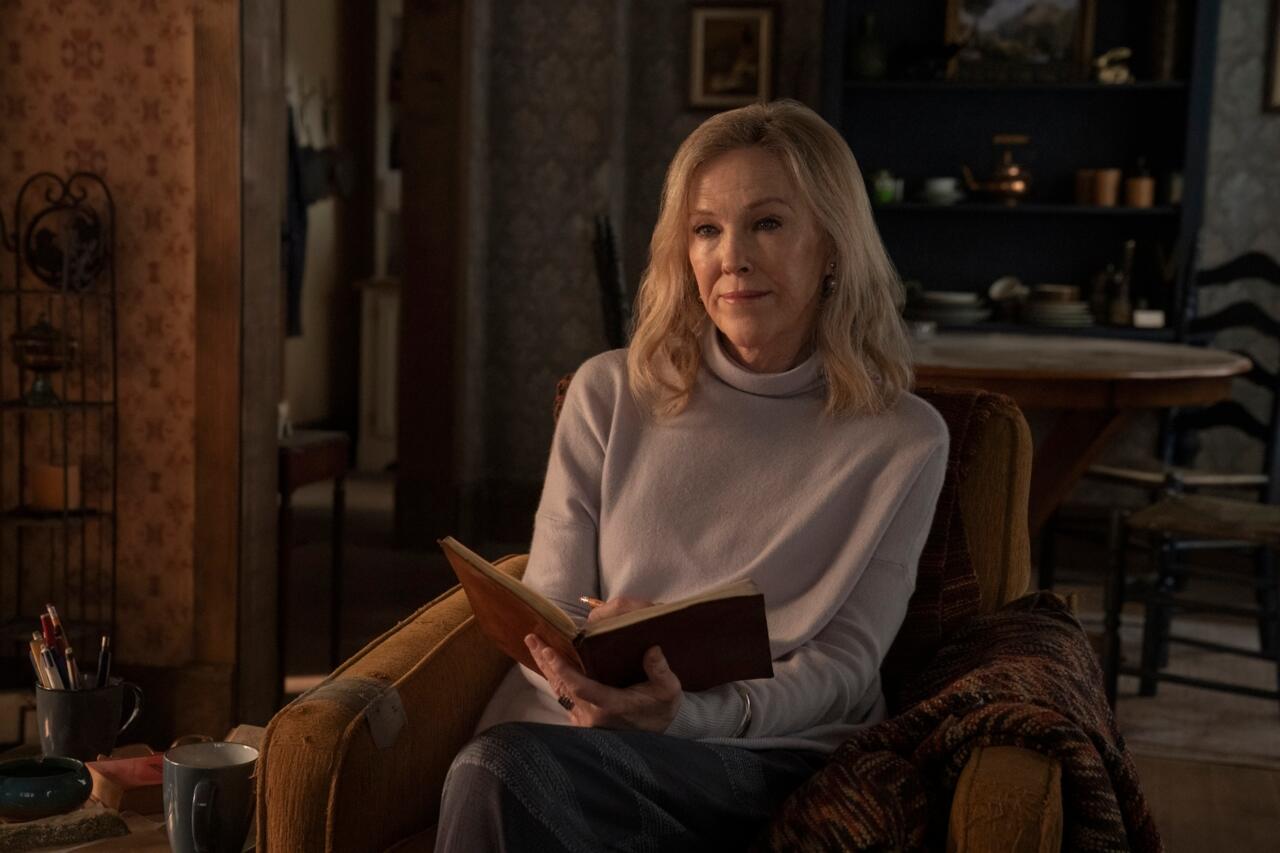

Thankfully, it’s also the inheritor of another of the game’s qualities: its huge swings. The first half of The Last of Us Part II takes some massive chances that ultimately pay off, and the show is the beneficiary for having to adapt those moments. What works in a game already molded in Hollywood’s image such as this naturally translates well to TV. Where their goals or visual languages don’t always align, the series’ creators consistently find new ways to make it work for the adaptation, whether it’s by wisely toying with its winding timeline, relying on incredible performances from its cast, or introducing new and meaningful characters.
Like its first season, The Last of Us Season 2 is a heart-wrenching examination of the ever-shifting distance between right and wrong, and as a whole, it’s well on its way to becoming the best video game adaptation there is.
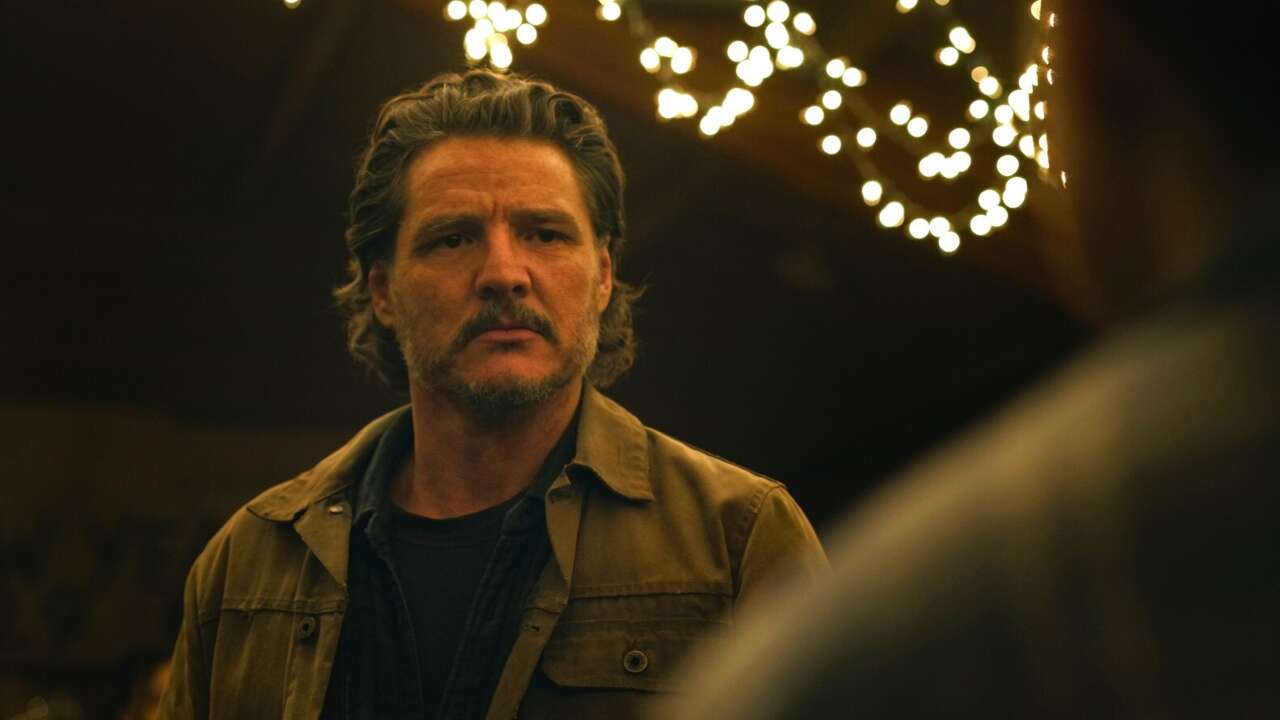
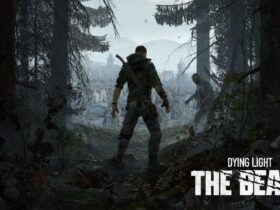





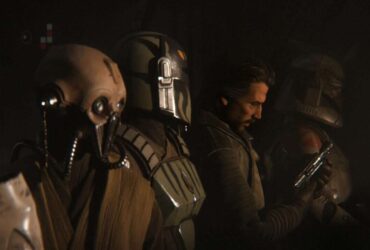
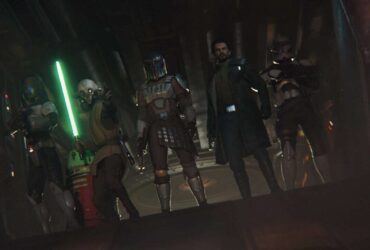
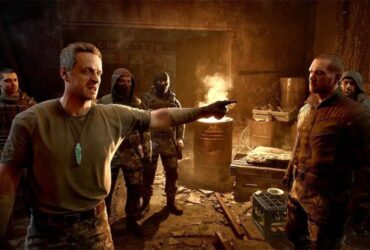

Leave a Reply